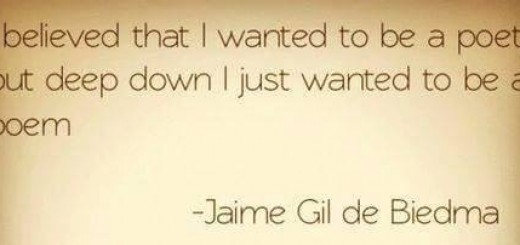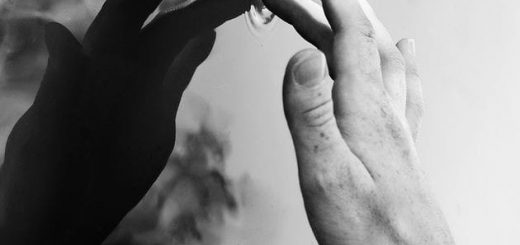Belonging

The great poet John O’Donohue describes the soul as the original “house of belonging” which did not create itself but is “a presence from the divine world.” It seems that many of us walk around trying to earn a spot of worth instead of thinking as he does. He also says that the “birth of a human heart is an ongoing process,” so maybe our search for belonging must go outward before circling back around to the gift of creation?
I was quite young the first time someone told me, “You think too much.” It was an offhand observation but I believe it helped give me the notion that I wasn’t enough to claim a spot. Strangely, as a supposed overthinker, I don’t remember thinking about it, but I do remember a feeling of “not enough” the comment engendered in me. I believe now that I subconsciously took on the task of defending my spot, from that moment forward. Of course early life is about developing an ego so there is no shame in it, yet growth requires a deeper look into why we do the things we do. Underlying the ego demands of “comfort, security, [and] satiety; the soul demands meaning, struggle, becoming.” (James Hollis)
There is a seemingly paradoxical human wish which comes into play in our search for belonging. We wish for our unique, inborn, different qualities to be seen with positive regard, yet we long for a likeness to others so we don’t feel as if we walk alone. We want to feel capable, as if we have earned our spot, but also a part of something grander than ourselves which gives us a sense of meaning. Finding people who think similarly to the way we do can bring great comfort in this search for meaning and belonging.
On the other hand, staying in an environment where a certain way of thinking is the only acceptable way can be very damaging to becoming all we can be as individuals. The growth process requires a widening in understanding of the world around us. Whenever an environment seems to fear more information, or questions, it has become unhealthy for the human soul. The requirement to live in that defensive stance that I picked up as a child works well here yet completely stunts growth and damages relationships. The necessity of coming into belonging to ourselves, developing inner resources and boundaries rises up and requires our attention.
The search for belonging makes me believe that most of us are much more alike than we are different. It would be grand if we could remind ourselves of this on a daily basis for the quality of our communications. The search also includes many occasions in which we have to decide who to trust. We decide who will have an influence on our thoughts and what general sources we will go to for help in understanding our place in the world. We are alike in that our personal experiences have shaped who and what sources we are willing to trust. We have the common internal desire for a feeling of worth and a sense of security. We have the common yet individual complex path and set of personal experiences which have formed our intuitions as to who and what are trustworthy. We have the common experience of discovering we have sometimes trusted the wrong sources. The willingness to not be afraid of these common experiences can reveal our own blind spots and help us form a deep well of inner resources. As Donohue says, “we discover the sheltering presence of our [own] souls” and learn to love each other in our differences.
John O’Donohue, Anam Cara
James Hollis, Finding Meaning in the Second Half of Life




Discussion